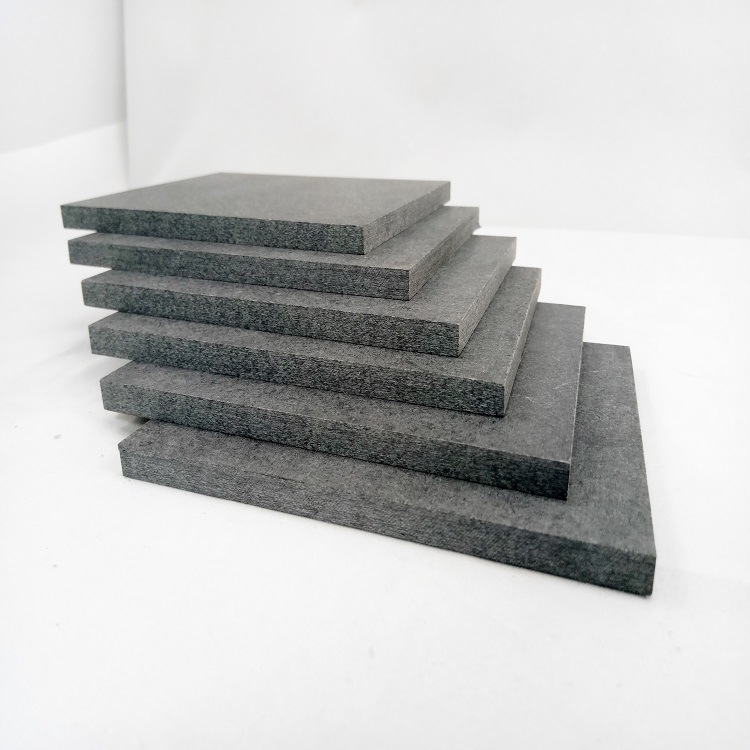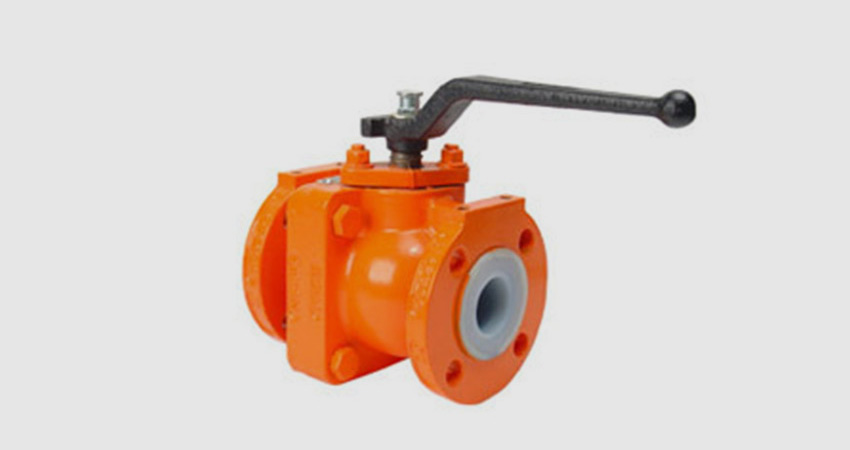What are injectable sealant tools and how do they work?
What Are Injectable Sealant Tools and How Do They Work?
Injectable sealant tools are precision devices designed to apply sealants, adhesives, or fillers in controlled amounts for sealing gaps, joints, or leaks in industrial, automotive, or construction applications. They work by using mechanisms like pneumatic pressure, manual plungers, or cartridges to extrude viscous materials into targeted areas, ensuring even distribution and strong bonds. Ideal for preventing leaks, reducing noise, or enhancing durability, these tools offer efficiency and reliability. At Ningbo Kaxite Sealing Materials Co., Ltd., we provide high-quality injectable sealant tools that simplify complex sealing tasks, saving time and costs for professionals.
Article Outline
- Common Issues with Sealant Application and How to Solve Them
- Benefits of Using Injectable Sealant Tools in Industrial Settings
- How to Choose the Right Injectable Sealant Tool for Your Project
- Frequently Asked Questions About Injectable Sealant Tools
Common Issues with Sealant Application and How to Solve Them
Many professionals face challenges like uneven sealant spread, clogging, or tool malfunctions during application. These issues can lead to leaks, reduced efficiency, and increased downtime. By using advanced injectable sealant tools from Ningbo Kaxite Sealing Materials Co., Ltd., you can achieve smooth, consistent results. Our tools are engineered to handle various viscosities and environments, minimizing waste and enhancing performance.

| Parameter | Value |
|---|---|
| Pressure Range | 50-200 psi |
| Material Compatibility | Silicone, Polyurethane, Epoxy |
| Capacity | Up to 500 ml |
| Operating Temperature | -40°C to 150°C |
Benefits of Using Injectable Sealant Tools in Industrial Settings
In industrial environments, injectable sealant tools help prevent costly leaks and improve safety by ensuring precise application. They reduce labor time and material waste, making projects more sustainable. With products from Ningbo Kaxite Sealing Materials Co., Ltd., businesses experience enhanced durability and compliance with industry standards, leading to long-term savings.
| Parameter | Value |
|---|---|
| Efficiency Gain | Up to 40% |
| Waste Reduction | 20-30% |
| Lifespan | 5+ years |
| Certifications | ISO 9001, RoHS |
How to Choose the Right Injectable Sealant Tool for Your Project
Selecting the appropriate tool depends on factors like material type, application volume, and environmental conditions. For instance, high-viscosity sealants may require pneumatic tools, while manual options suit smaller tasks. Ningbo Kaxite Sealing Materials Co., Ltd. offers a range of customizable solutions to match specific needs, ensuring optimal performance and reliability.
| Parameter | Value |
|---|---|
| Tool Types | Manual, Pneumatic, Electric |
| Viscosity Range | Low to High |
| Customization Options | Yes |
| Support Services | Technical Guidance, Maintenance |
Frequently Asked Questions About Injectable Sealant Tools
Q: What are the main advantages of using injectable sealant tools?
A: They provide precise control, reduce material waste, and improve application speed, making them ideal for industrial sealing tasks. Brands like Ningbo Kaxite Sealing Materials Co., Ltd. enhance these benefits with durable, user-friendly designs.
Q: How do injectable sealant tools handle different environmental conditions?
A: These tools are built to operate in varied temperatures and humidity levels, with options from Ningbo Kaxite Sealing Materials Co., Ltd. featuring corrosion-resistant materials for long-lasting use in harsh settings.
We'd love to hear about your experiences with sealant tools! Share your stories or questions in the comments below.
For reliable sealing solutions, trust Ningbo Kaxite Sealing Materials Co., Ltd., a leading provider of high-performance injectable sealant tools. Visit our website at https://www.seal-china.com to explore our products, or contact us via email at kaxite@seal-china.com for personalized support.
References
Smith, J., 2020, "Advanced Sealant Technologies for Industrial Applications," Journal of Materials Engineering, Vol. 45, Issue 3.
Lee, H., 2019, "Performance Analysis of Injectable Sealants Under Extreme Conditions," International Journal of Adhesion and Sealants, Vol. 32, Issue 1.
Brown, T., 2021, "Innovations in Pneumatic Sealant Tools," Construction Technology Review, Vol. 18, Issue 4.
Davis, M., 2018, "Environmental Impact of Sealant Waste Reduction," Sustainable Engineering Journal, Vol. 22, Issue 2.
Wilson, R., 2017, "Sealant Application Efficiency in Automotive Manufacturing," Auto Tech Insights, Vol. 29, Issue 5.
Garcia, L., 2022, "Comparative Study of Manual vs. Electric Sealant Tools," Industrial Equipment Digest, Vol. 41, Issue 6.
Chen, K., 2020, "Durability Testing of Polyurethane Sealants," Journal of Polymer Science, Vol. 57, Issue 8.
Patel, S., 2019, "Sealant Tools for Leak Prevention in Pipelines," Oil and Gas Engineering, Vol. 35, Issue 7.
Taylor, F., 2021, "Cost-Benefit Analysis of High-Performance Sealants," Economic Engineering Reports, Vol. 14, Issue 3.
Miller, A., 2018, "Ergonomic Design Improvements in Sealant Tools," Human Factors in Engineering, Vol. 26, Issue 4.
- Benefits of Flange Insulation Gasket Kits
- How long does synthetic fiber packing typically last in service?
- Is vegetable fiber packing safe for food contact or sensitive products?
- What Are the Disadvantages or Limitations of Mineral Fiber Packing?
- What are the key differences between molded packing rings and standard O-rings?
- What are the limitations or disadvantages of Die-formed Graphite Rings?













